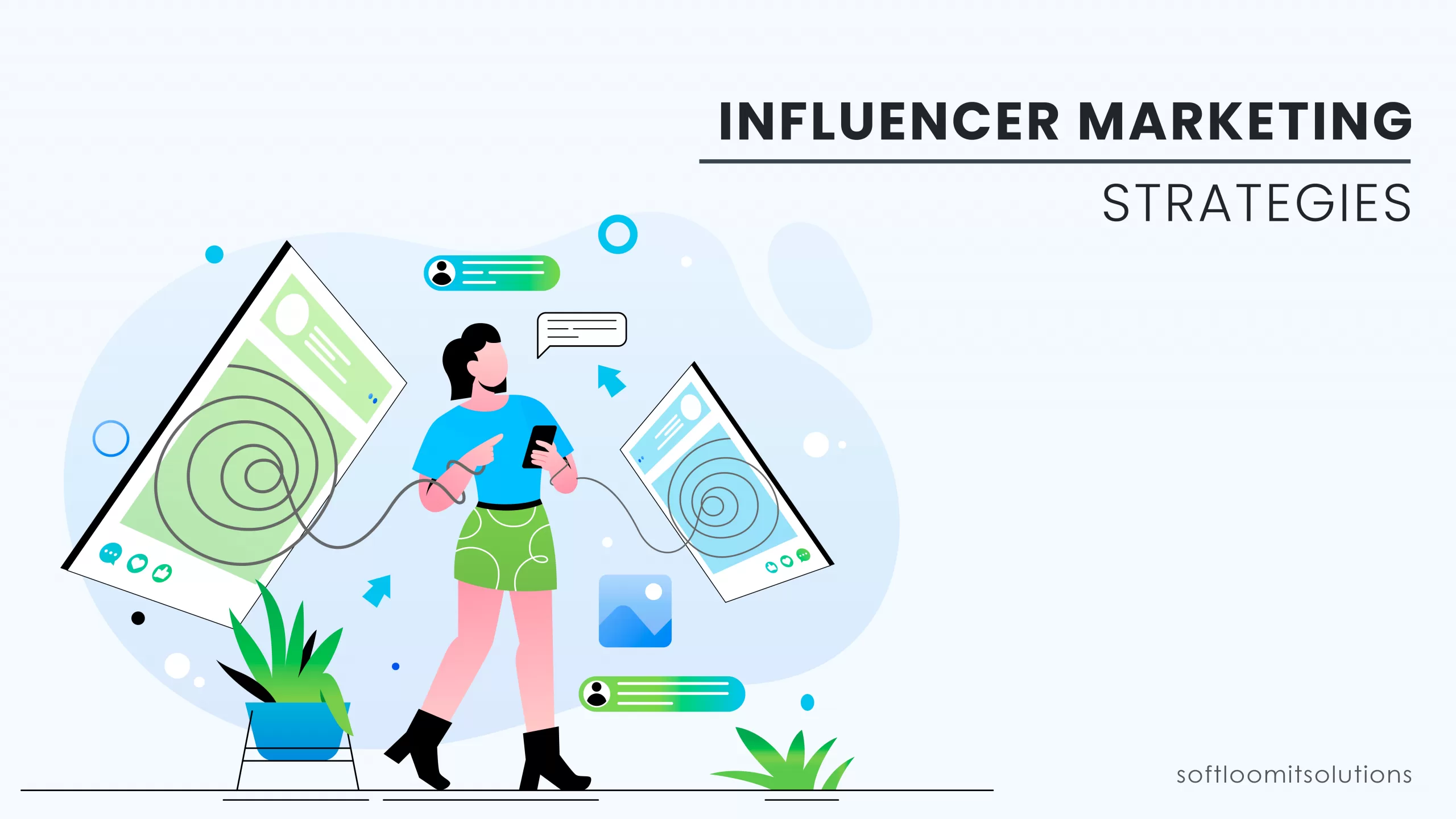Influencer marketing has become a cornerstone of modern digital marketing, with brands worldwide harnessing the power of social media personalities to promote their products and services. From lifestyle bloggers to Instagram stars, influencers have a unique ability to connect with their audiences in a way that traditional advertising cannot. In this blog post, we’ll delve into the world of influencer marketing, exploring who influencers are, why they’re so effective, and how brands can leverage their influence to drive sales and brand awareness. Additionally, we’ll discuss key influencer marketing strategies that can help brands maximize their impact and achieve their marketing goals.
Who is an Influencer?
An influencer is an individual who has established credibility in a specific industry or niche, and who has a large following on social media platforms such as Instagram, YouTube, and TikTok. Influencers are typically experts in their field and are seen as trendsetters by their audience. They have the power to influence the purchasing decisions of their followers based on their recommendations and endorsements.
Influencers come in various forms, from micro-influencers with a few thousand followers to macro-influencers with millions of followers. What sets influencers apart is their ability to create engaging content that resonates with their audience, leading to high levels of engagement and interaction.
What is Influencer Marketing?
Influencer marketing is a form of marketing that focuses on using influencers to promote products and services. Brands collaborate with influencers to create sponsored content that showcases their products or services to the influencer’s audience. This type of marketing is effective because it leverages the trust and credibility that influencers have built with their followers, making it more likely that their recommendations will lead to conversions.
Why is Influencer Marketing Effective?
Influencer marketing is effective for several reasons. Firstly, influencers have a loyal and engaged audience that trusts their recommendations. This means that when an influencer promotes a product or service, their followers are more likely to pay attention and consider making a purchase.
Secondly, influencer marketing allows brands to reach a highly targeted audience. By collaborating with influencers who cater to a specific demographic or niche, brands can ensure that their message reaches the right people, leading to higher conversion rates.
Finally, influencer marketing is cost-effective compared to traditional forms of advertising. While traditional advertising can be expensive and may not always reach the intended audience, influencer marketing allows brands to reach a large number of people at a fraction of the cost.
How to Leverage Influencer Marketing for Your Brand
In conclusion, influencer marketing has become a powerful tool for brands looking to reach a larger audience and drive engagement. By understanding who influencers are, why they’re so effective, and how to leverage their influence, brands can create impactful campaigns that resonate with their target audience and drive results.






